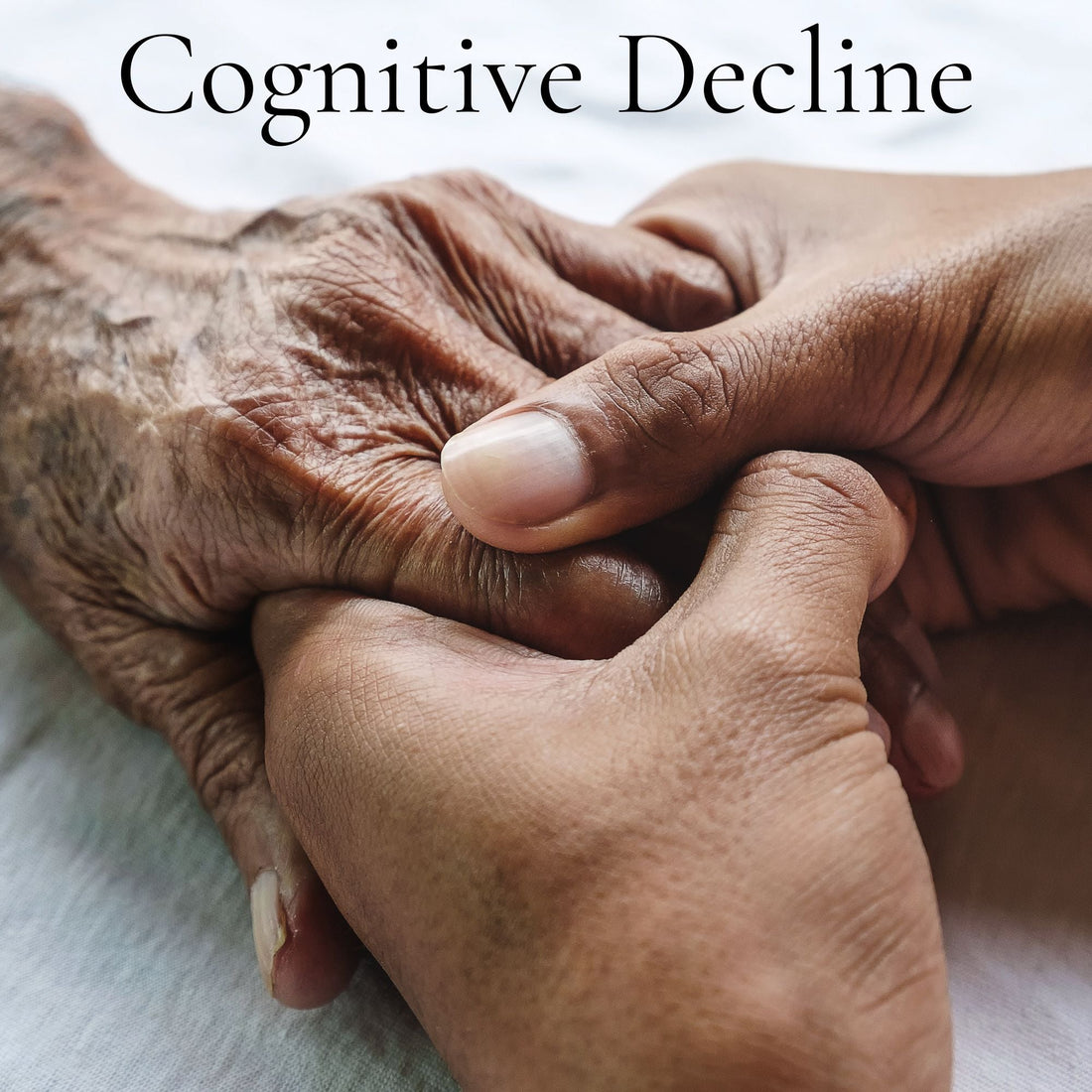
Recognizing the Signs: 5 Indicators of Cognitive Decline in the Elderly
Share
As our loved ones age, it becomes increasingly important to observe any changes in their health and cognitive function. While some memory lapses can be a normal part of aging, certain signs may indicate more serious cognitive decline. Here, we highlight five key indicators that may suggest an elderly person is experiencing cognitive issues, helping caregivers and families provide support and intervention when necessary.
1. Memory Loss Beyond Normal Forgetfulness
One of the most commonly recognized signs of cognitive decline is memory loss, particularly the kind that interferes with daily life. While occasional forgetfulness—like misplacing a set of keys or forgetting a name—is normal, seniors who begin to forget recent events, appointments, or conversations may be experiencing something more concerning. If they often ask the same questions, repeat stories, or seem increasingly confused about recent events, these could be red flags.
2. Difficulty with Problem-Solving and Planning
Cognitive decline can manifest in decreased ability to plan, organize, or execute tasks that were once manageable. An older adult might struggle to follow their favorite recipe, manage finances, or schedule appointments. They may find it challenging to keep track of multiple tasks or maintain focus on projects they used to handle with ease. If you notice your loved one is increasingly overwhelmed by tasks or frequently makes mistakes in home management, it may be time to pay closer attention.
3. Confusion with Time and Place
A common sign of cognitive decline is disorientation regarding time and place. Seniors may lose track of dates or seasons, forget where they are, or lose their sense of direction in familiar surroundings. This can lead to feelings of frustration and anxiety for them. If an elderly person frequently appears confused about where they are or how they got there, it could indicate significant cognitive issues at play.
4. Trouble Understanding Visual Imagery and Spatial Relationships
Difficulties with visual perception and spatial relationships can also signal cognitive decline. An elderly person might struggle with reading, judging distances, or recognizing faces. They may have trouble navigating their environment, leading to an increased risk of falls or accidents. If you notice that your loved one has a hard time distinguishing between colors or has difficulty reading, it could be a sign worth investigating further.
5. Changes in Mood and Behavior
Cognitive decline can also affect an individual’s emotional health. Seniors experiencing cognitive issues may become easily frustrated, anxious, or irritable. They may withdraw from social activities, show a lack of interest in hobbies they once loved, or display rapid mood swings. These changes can often be mistaken for typical aging behavior, but if they become pronounced or chronic, it may indicate underlying cognitive changes that require attention.
Conclusion
Recognizing the signs of cognitive decline in the elderly can empower families and caregivers to take proactive steps in providing the necessary support. Early detection is crucial for managing potential health issues effectively. If you observe any combination of these signs in your loved ones, consult a healthcare professional for guidance and assessment. Remember, you are not alone in this journey—numerous resources are available to help navigate the complexities of aging and cognitive health. Understanding and patience can make a significant difference in the lives of those experiencing cognitive decline.
